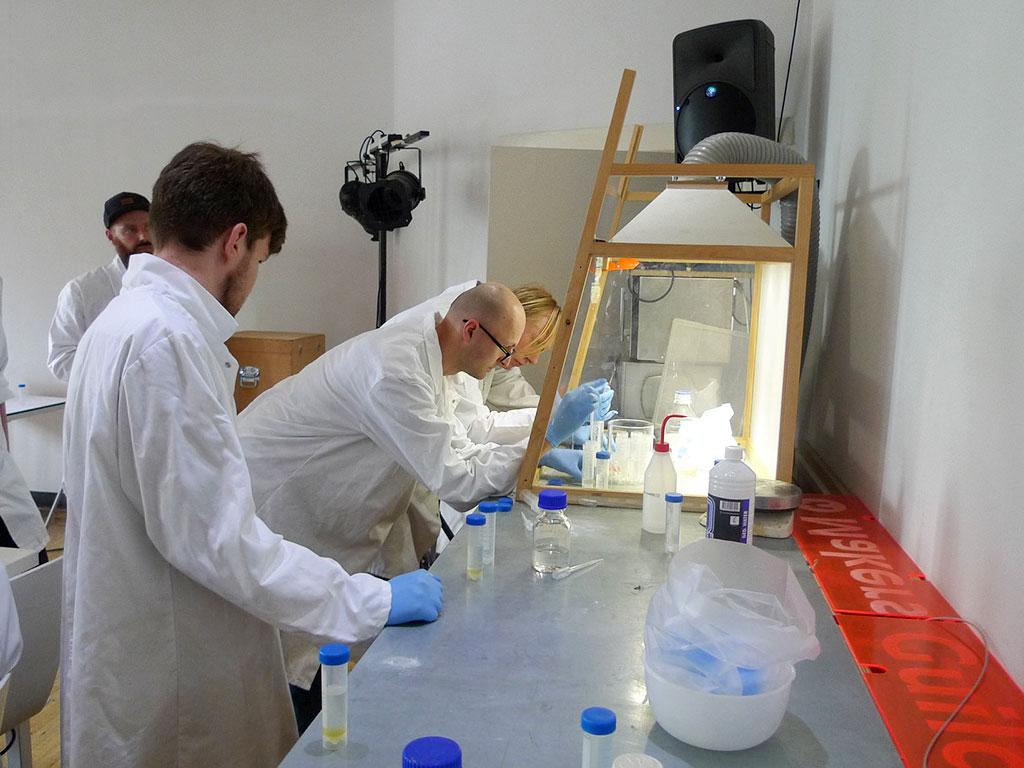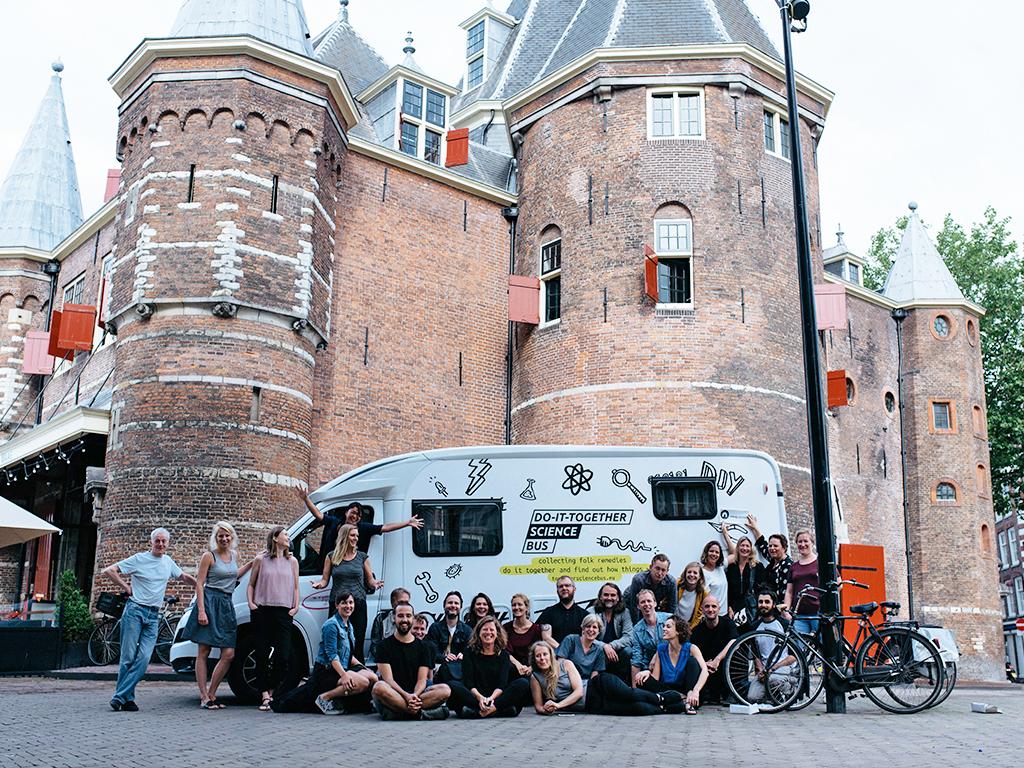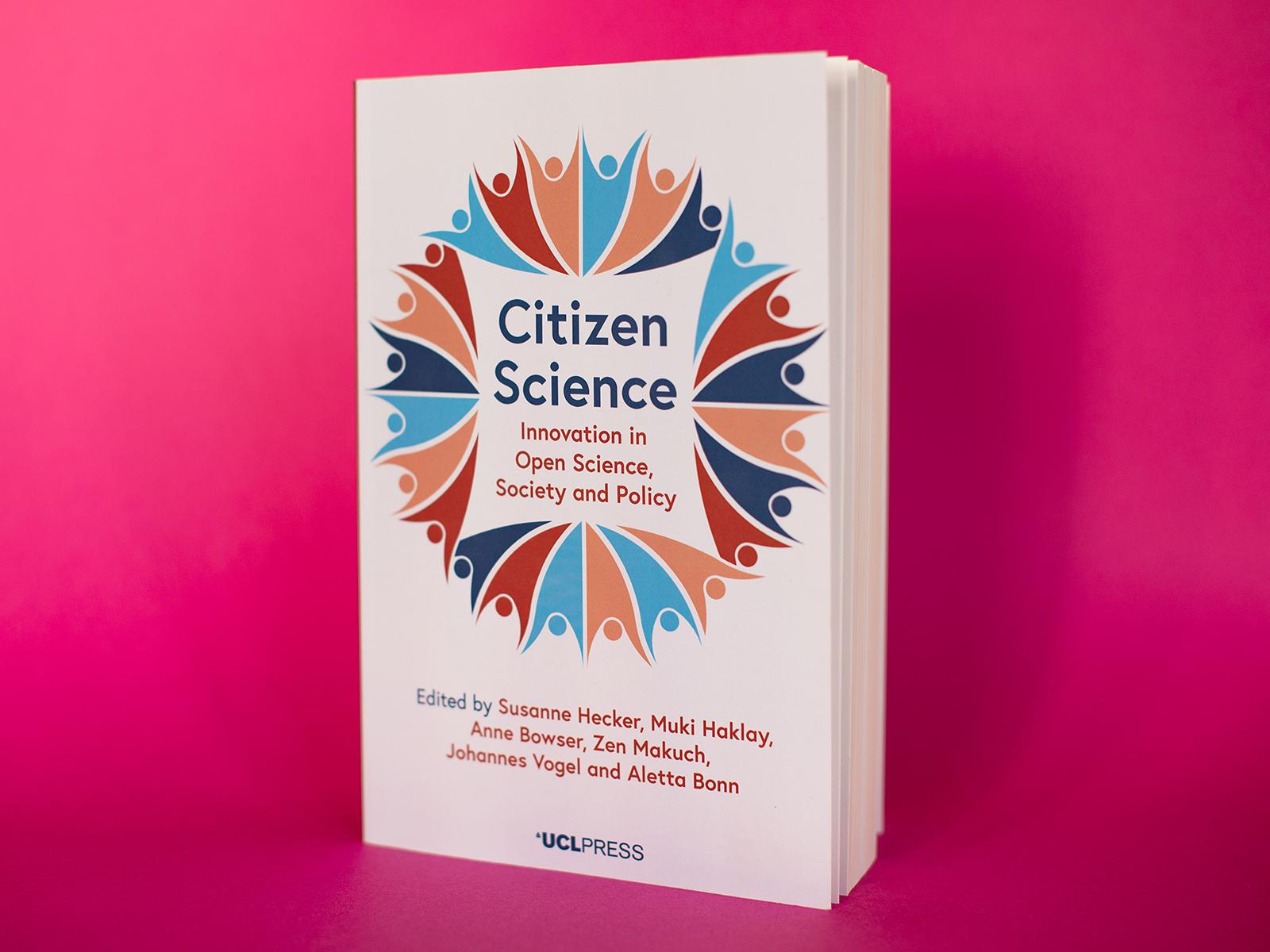According to popular media we are living in a post-fact society. As we moved beyond a society in which facts and truth are used to prove a point, we arrived in a society which doesn't even care about what is truth or not. The examples are in the news all the time: the Brexit campaign (“Let’s give our NHS the £ 350 million the EU takes every week”), the Dutch Ukraine trade deal referendum, the invasion of Crimea (“it's not us, oh well, as matter a fact we were”), the Black-Pete discussion, anti-vaxxers, etc, etc.
In our post-fact society facts are reduced to irrelevant side notes, and all votes are either based on false believes or rigged by 4Chan / Redditors. The trend to mock democracy has actually been on the rise for many years. Do you still remember the GeenStijl “reaguurders” manipulation of the poll for naming the next Doritos flavor? What's happening now is similar, but on a bigger scale.
At conferences I noticed participants start to question why we as a society keep investing in research and why we are still living in a democracy. Policy makers now openly debate whether an anti-rational public can be trusted to vote. Asking whether we would be better of in a meritocracy or worse.
I don't believe those are the right questions, as I don't believe we are living in an omni-post-fact society. The above statements do not really portrait the full picture of our society's attitude towards facts. Certainly, we are witnessing a societal detachment of fact-based decision making on a national and international polls, but there is a clear counter movement to knowledge production emerging. Organized bottom-up through the use digital media these “citizen scientists” fulfill their desire for truth and facts together in a novel decentralized way.
For traditional science to remain relevant to these societal changes it is crucial to adopt 5 characteristics from this movement:
- Science must become reciprocative. Citizens must gain access to the knowledge, tools and infrastructure for conducting experiments more easily. Citizens no longer trust objectivity from external parties, rather knowledge has to be gained through embodiment.
- Scientists must become social. There is too much respect within science for scholar reputations and there is too much emphasis on “excellence”. Excellence alienates.
- Science must be collaborative. The era of merely publishing conclusions on positive results by an exclusive research group is over. The entire process from formulating hypothesis, designing experiments, gathering data and drawing conclusions must become participatory at each and every step.
- Funding must support citizen-led science. At the expense of one Large Hidron Collider (± 5 billion euros) countless citizen projects can be financed. Military and commercial funding must be separated from governmental supported projects, to prevent confusion between citizen science and pseudo science for marketing or propaganda purposes.
- Science must be tactical. Citizen scientists always have a stake in the outcome. Projects must focus on what is relevant and the outcome must have influence on decision making processes. Openness in citizen science also means openness about those motivations.


